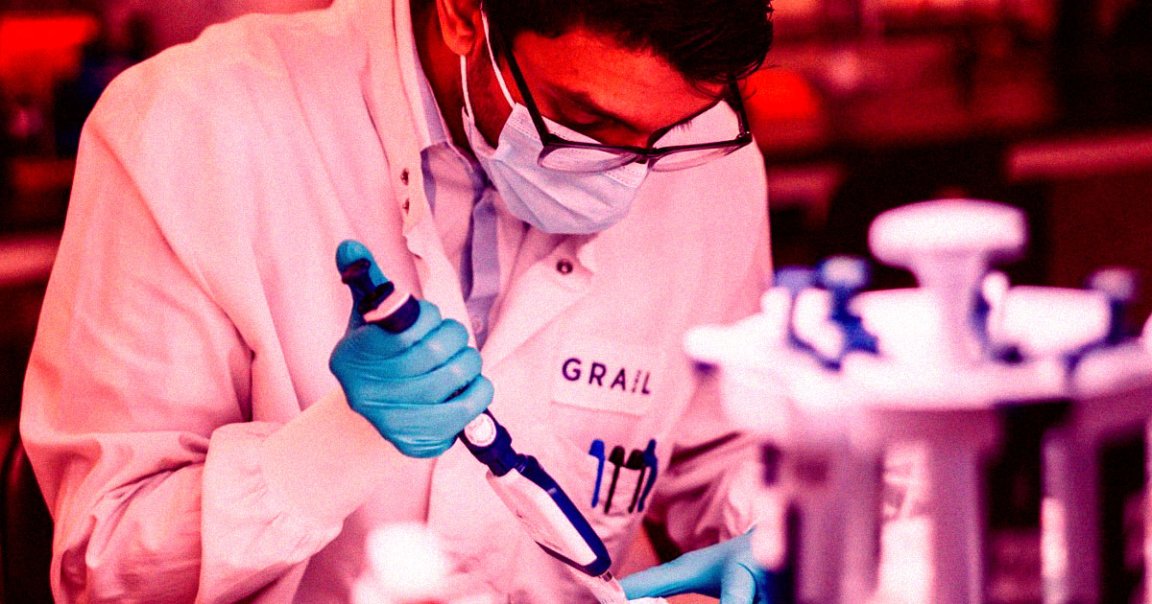
A biotech startup called Grail screwed up royally last month by mistakenly telling hundreds of people they might have cancer.
According to internal documents obtained by the Financial Times, Grail sent 408 patients notifications “in error” that their bloodwork suggested they could have cancer.
Even stranger, the company admitted that more than half of the people who were sent the scary messages had not yet had their blood drawn.
It’s a grave error that should give anybody pause before handing over sensitive medical data to a private biotech company.
Experts are also warning that the company’s early trials are still inconclusive and that we should wait for the results of large-scale clinical trials before making the tests available to the broader public.
Grail claims that its early cancer detection test called Galleri can spot more than 50 cancers from a single blood sample and has been heralded as “revolutionary,” per the FT.
Results from a recent trial involving over 6,000 people who had talked to their doctor about suspected symptoms in England showed “promise,” but experts caution that the tech needs more work and is only a “first step.”
The company, which is a subsidiary of the gene sequencing giant Illumina, said in the documents viewed by FT that the erroneous messages were the result of a software glitch by its telemedicine provider PWNHealth and that they weren’t related to or caused by incorrect lab test results. Staff at that vendor reportedly contacted all the affected patients “within 36 hours” after the messages were sent.
The timing of the software slipup couldn’t have been worse. According to the FT, the company was about to show off the test at the biggest cancer conference in the US this weekend.
Now, insurers and financial backers of the project are understandably having second thoughts.
“We are aware that Grail proactively reached out to all our participants to address this issue as quickly as possible,” a spokesperson for life insurance giant MassMutual, which had participated in the company’s pilot program, told the FT.
MassMutual admitted that a “small number” of its clients had been affected by the mishap and that the insurer was pausing its pilot participation as a result.
The insurance company Principal also told the newspaper that it was reconsidering its relationship with the startup.
In short, it’s an epochal blunder — especially in the buttoned-up world of biotech.
More on startups: Startups Have a Fun New Idea: Workplace Ketamine Sessions